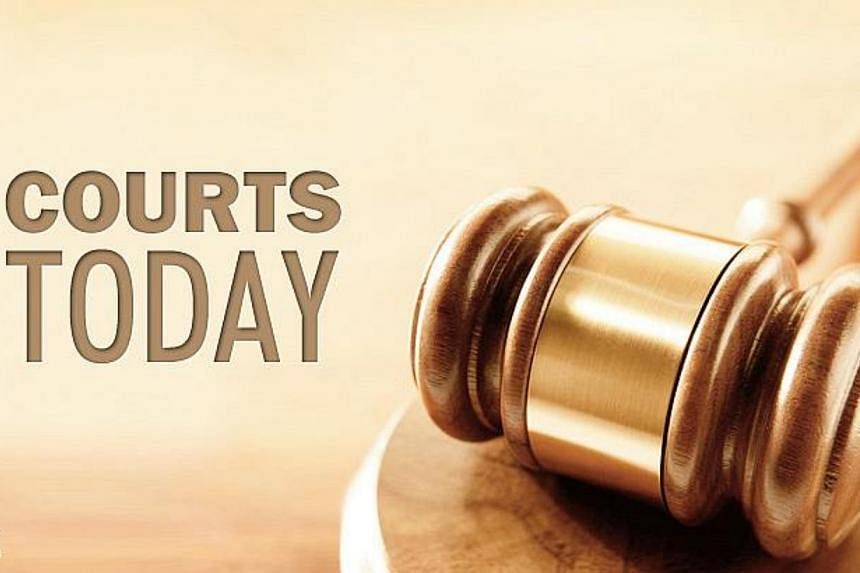A LAWYER who failed to ensure a will was signed in the presence of two witnesses was ordered, together with his firm, to pay more than A$719,000 (S$841,000) to 18 children and grandchildren of an Indonesian businessman.
Mr Johnny Cheo Chai Beng of Cheo Yeoh & Associates - both sued for negligence by the relatives - had claimed that the mistake was an oversight on his part.
But Justice Chan Seng Onn, in his written judgment on Wednesday, was not convinced.
The High Court judge found Mr Cheo was unaware that at least two witnesses are required by law, which showed a lack of competence. Justice Chan said it was most telling that there was only one signature block at the bottom of the will, meaning that space was made in the will for only one person to sign as a witness.
He said: "Cheo's negligence here is not an instance of mere inadvertence or lapse of concentration but, more troublingly, stemmed from his ignorance of the statutory requirement that a will must be executed before at least two witnesses."
The will was made by Indonesia-based businessman Kusno Ali in 2006 to provide for the distribution of his assets in Singapore - A$1.8 million in various Citibank accounts.
It was signed in the presence of one witness - Mr Cheo - and was found to be invalid after the patriarch died in 2010, aged 87. As a result, the 18 plaintiffs lost their inheritance or had their share reduced.
Represented by Mr Andrew Ho, they sued Mr Cheo and his firm for A$719,375.36 - the difference between what they would have received under the will and what they received eventually.
The patriarch, who had six children, named only four in his will - three were to get 20 per cent each while the other, 10 per cent. He also left 2 per cent to each of his 15 grandchildren.
After the will was found to be invalid, the money was split equally among his six children, according to intestacy laws.
This meant that three children saw their initial share shrink to 16.67 per cent, while the 15 grandchildren received nothing.
The two children not named in the will had a windfall, while the other saw his share increase.
Justice Chan rejected defence arguments that the plaintiffs did not make any sincere attempts to get the three unintended beneficiaries to disclaim their windfall. He said the plaintiffs tried to do so at a family meeting but the trio declined to give up their money.


